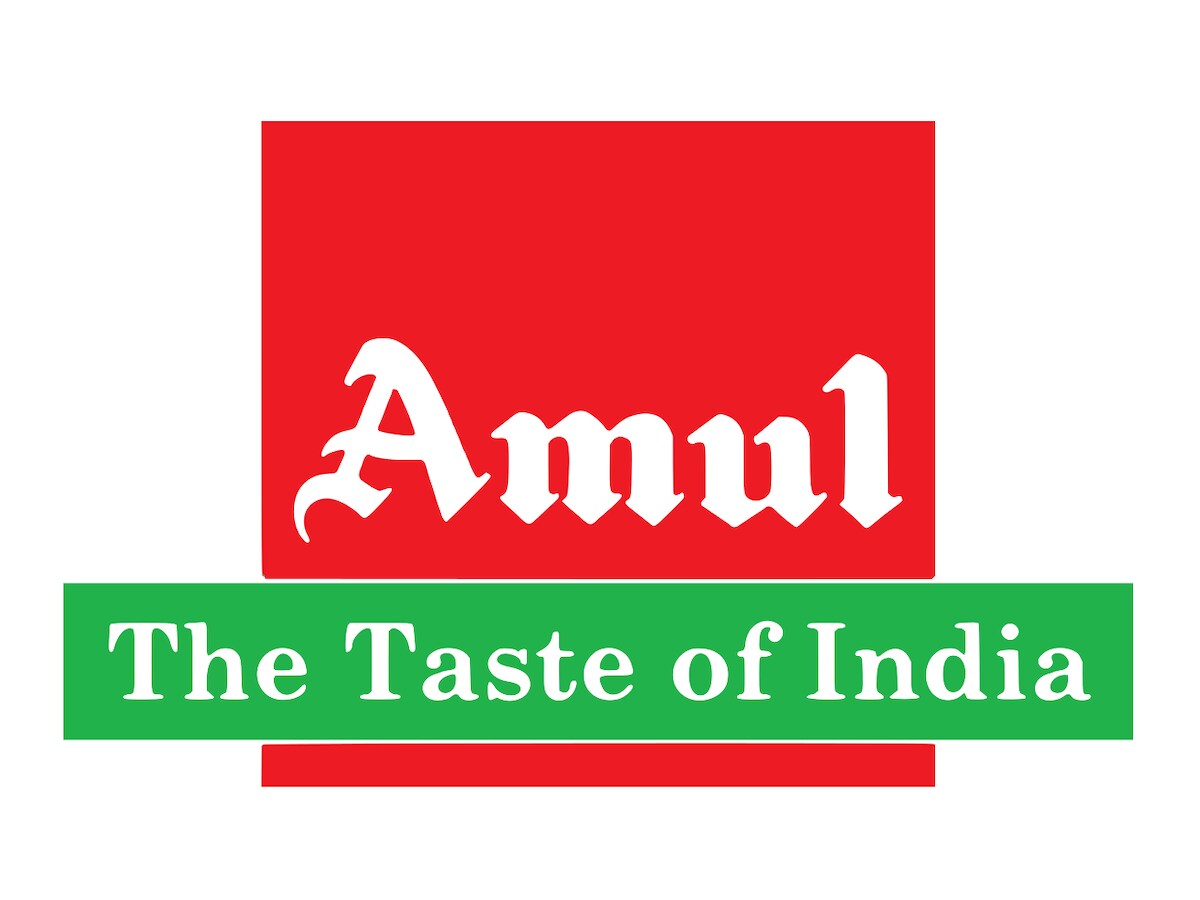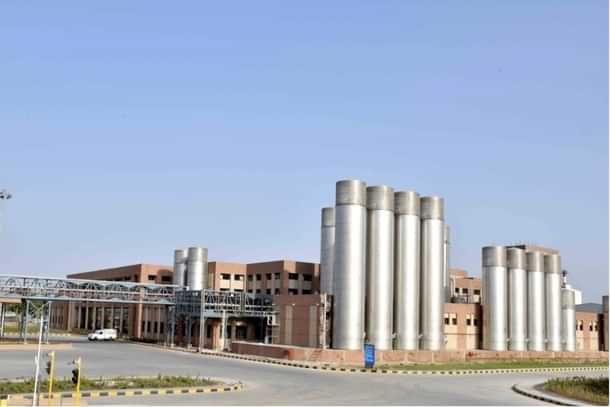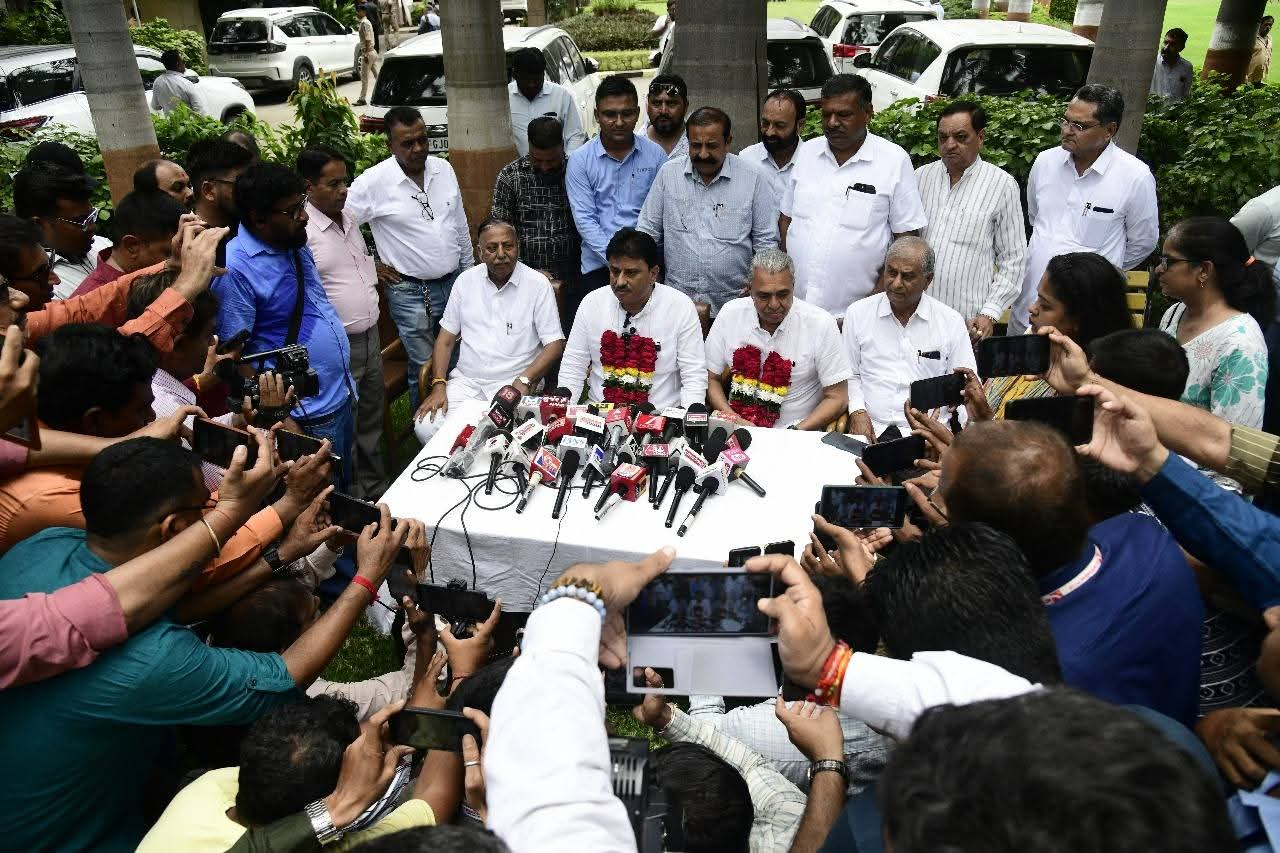The Gujarat Cooperative Milk Marketing Federation (GCMMF), the powerful cooperative coalition behind the iconic Amul brand, has entered a fresh chapter with the unopposed election of Ashok Chaudhary as the new chairman on July 22, 2025. Alongside him, Gordhan Dhameliya was unanimously elected vice chairman, reflecting continuity and consensus in stewardship of India’s largest dairy cooperative network.
This leadership transition arrives as GCMMF reports robust financial health — a turnover of ₹65,911 crore in FY 2024–25, marking 11.2% year-on-year growth — but also amid intensifying dairy sector challenges and opportunities in India’s evolving food ecosystem. Chaudhary, a seasoned cooperative leader with strong political and grassroots credentials, now shoulders the responsibility of guiding Amul’s massive cooperative network of over 36 lakh dairy farmers through this pivotal phase.
This detailed article unpacks seven major tasks and strategic imperatives facing GCMMF’s new leadership, offering insight into how the cooperative giant’s next phase will shape farmer incomes, brand growth, international expansion, and sector resilience.
Ashok Chaudhary’s leadership comes at a time when digital transformation is reshaping India’s agricultural and dairy sectors. Harnessing modern technologies such as mobile applications for milk procurement, AI-based demand forecasting, and blockchain for supply chain transparency can dramatically reduce inefficiencies and enhance stakeholder trust. GCMMF’s adoption of such innovations under new stewardship will be critical to maintaining quality standards and enabling swift responsiveness to fluctuating market dynamics—thereby strengthening Amul’s competitive advantage in an increasingly tech-driven world.
The cooperative’s vast rural network also presents opportunities for deeper farmer empowerment beyond income improvement. Initiatives focused on financial literacy, access to affordable credit, insurance products tailored for livestock health, and training in sustainable animal husbandry can transform livelihoods substantially. Under Chaudhary’s vision, strengthening partnerships with credit institutions, NGOs, and government welfare schemes could catalyze a more holistic rural development agenda that safeguards farmers against climate shocks and market volatility, contributing to long-term resilience.
Marketing and branding strategies for Amul under new leadership are poised to embrace diversity in consumer expectations. With health-conscious, younger urban consumers demanding transparency and value-added product innovations, GCMMF will likely intensify its efforts in launching fortified dairy ingredients, probiotic yogurts, lactose-free options, and organic dairy products. Expanding online retail channels, forging collaborations with e-commerce platforms, and exploring direct-to-consumer digital marketing will be instrumental in reaching new customer segments and sustaining brand relevance amid changing lifestyle trends.
Beyond India, Amul’s expansion into international markets will require sophisticated market research and adaptive product strategies aligned with local preferences and regulatory regimes. As emerging economies increase dairy consumption, GCMMF must invest in building localized supply chains, forging distribution partnerships, and securing international certifications that bolster consumer trust. Ashok Chaudhary’s leadership will need to balance scaling exports with preserving product integrity and profitability, ensuring Amul’s global footprint grows sustainably without compromising its cooperative ethos.
An often underappreciated but critical aspect of GCMMF’s future growth lies in strengthening institutional governance and leadership development. Fostering innovation leadership, diversifying skills within the cooperative’s management, and embedding robust performance measurement systems will enable Amul to navigate operational complexities effectively. Embedding sustainability and corporate social responsibility into governance frameworks will also enhance transparency and stakeholder confidence, reinforcing Amul’s reputation as not just a market leader but a trusted social enterprise.
Finally, GCMMF’s new leadership faces the imperative of climate-smart dairy production that aligns with global sustainable development goals. Embracing renewable energy solutions at dairy plants, promoting methane capture technologies, optimizing water management, and encouraging circular economy practices within the supply chain will position Amul as an environmentally responsible powerhouse. Chaudhary’s stewardship can catalyze this green transition, helping India’s dairy sector pioneer sustainable, climate-resilient growth that benefits farmers, consumers, and the planet alike.
1. Steering 36 Lakh Farmers Toward Enhanced Income and Welfare
With a colossal network spanning 18 district milk unions in Gujarat, Chaudhary’s foremost challenge is sustaining and growing the economic well-being of nearly 3.6 million dairy farmers whose livelihoods depend on GCMMF’s procurement and payment structures.
The cooperative model’s core strength is empowering small and marginal farmers by providing assured market access, fair pricing, and value addition through Amul’s brand strength. Chaudhary must ensure that procurement policies keep pace with inflationary pressures and rising input costs while exploring innovative welfare schemes—including health, education, and insurance amenities—to uplift the farming community holistically.
Achieving this requires constant dialogue, trust-building, and transparency within the member unions while navigating macroeconomic fluctuations and climate vulnerabilities impacting milk production volumes and quality.
2. Consolidating and Accelerating Brand Amul’s Unmatched Market Dominance
Amul’s brand, now recognized as the world’s strongest food and dairy brand by Brand Finance UK, enjoys unmatched penetration across India, delivering over 24 billion product packs annually into more than 50 countries. Building on this legacy is a strategic imperative for Chaudhary’s leadership.
He must drive innovation in product offerings aligned with evolving consumer health consciousness — such as fortified dairy, organic options, plant-based alternatives, and convenient ready-to-eat dairy snacks — while strengthening cold-chain distribution and retailer relationships nationwide.
Marketing campaigns blending tradition and modernity, along with explorations into digital commerce and direct-to-consumer models, will be vital to maintain Amul’s relevance among diverse demographic cohorts, especially health and environment-aware urban consumers.
3. Expanding International Footprint Amid Global Dairy Dynamics
GCMMF’s ambition under new leadership includes intensifying international market penetration, tapping emerging dairy consumption trends in Asia, Africa, the Middle East, and Western countries. Managing export supply chains, complying with stringent quality and safety regulations, and tailoring products to local tastes will be paramount.
This expansion also means competing with global dairy multinationals and navigating geopolitical trade uncertainties. Strengthening partnerships, investing in overseas marketing presence, and securing certifications for halal, organic, or specialty products will be critical levers for Chaudhary and his team.
International growth not only diversifies revenue streams but also buffers the cooperative from domestic demand volatilities — offering a strategic hedge for Amul’s long-term sustainability.
4. Driving Technology Adoption and Supply Chain Efficiency
In an era defined by rapid digitization and technology-driven efficiencies, GCMMF’s new leadership faces the crucial task of modernizing operations across procurement, processing, logistics, and retailing.
Adopting data analytics, blockchain for milk traceability, IoT devices for cold storage monitoring, and automated quality testing will enhance product standards and operational responsiveness. Improvements in supply chain transparency will foster farmer trust and consumer confidence alike.
Moreover, digital tools enabling real-time payments, farm advisory services, and virtual marketplaces will empower farmers with information and financial inclusion that augments cooperative benefits beyond mere procurement.

5. Navigating Climate Change and Sustainable Dairy Production
The dairy sector is increasingly vulnerable to climate change impacts, including erratic rainfall, heat stress on animals, water scarcity, and feed variability. Under Chaudhary, GCMMF must prioritize sustainability by promoting eco-friendly farming practices, efficient water usage, fodder diversity, and methane reduction initiatives.
Programs for farmer education on climate resilience, incentivizing renewable energy adoption in dairy farms, and collaborating with research institutions for breed improvements will contribute toward long-term viability.
This sustainability focus aligns with global consumer shifts toward environmentally conscious food sourcing and enhances Amul’s brand reputation as a responsible dairy leader.
6. Ensuring Regulatory Compliance and Cooperative Governance
GCMMF operates within a complex regulatory environment involving food safety, cooperative laws, taxation, and international trade policies. Maintaining robust compliance frameworks is essential to mitigate risks and uphold stakeholder confidence.
Furthermore, as a cooperative enterprise, governance demands maintaining democratic participation, accountability, and equitable decision-making across member unions. Chaudhary must continue stewarding this intricate balance, fostering transparency and inclusiveness, while steering strategic decisiveness needed for scaling operations.
Adapting governance to enhance agility and professional expertise without diluting cooperative ethos remains a key leadership challenge.

7. Sustaining Financial Growth and Innovating Revenue Streams
The federation’s remarkable turnover of ₹65,911 crore in FY 24–25 and brand turnover of ₹90,000 crore evidence strong financial health. The new leadership’s task is to sustain double-digit growth while innovating revenue streams beyond core dairy to include allied sectors like nutrition foods, beverages, and international dairy ingredients.
Strategic investments in branding, infrastructure expansion, and diversification into adjacent product categories will increase Amul’s market share and profitability. Strengthening partnerships with producers, retailers, and global distributors also contributes to resilient economic foundations that benefit farmers and consumers alike.
Conclusion: A New Era for GCMMF and Amul’s Dairy Empire
Ashok Chaudhary’s ascension to GCMMF’s chairmanship signals a critical moment of both continuity and transformation for India’s dairy cooperative giant. With Gordhan Dhameliya as vice chairman, the leadership team inherits a powerful legacy and a thriving cooperative yet faces multifaceted challenges amid evolving market dynamics, climate concerns, and global competition.
Meeting the ambitious tasks—from uplifting millions of farmers, driving innovation, embracing sustainability, to expanding international presence—will define the next decade of Amul’s extraordinary journey. The cooperative’s ability to blend grassroots wisdom with modern entrepreneurial strategies under Chaudhary’s leadership could set new benchmarks for cooperative success and rural empowerment not just in Gujarat but globally.
As the world watches this dairy behemoth’s next moves, one thing remains clear: Amul’s unique blend of cooperative spirit, brand strength, and visionary leadership continues to fuel India’s dairy revolution, promising stronger farmers, satisfied consumers, and enduring growth.
follow: Amul


